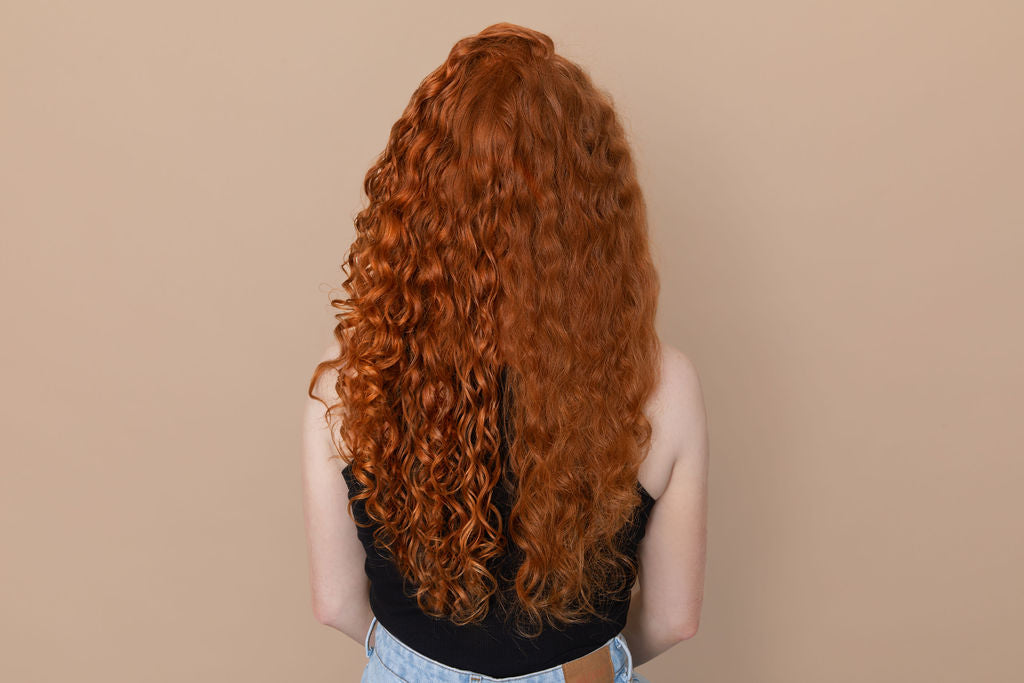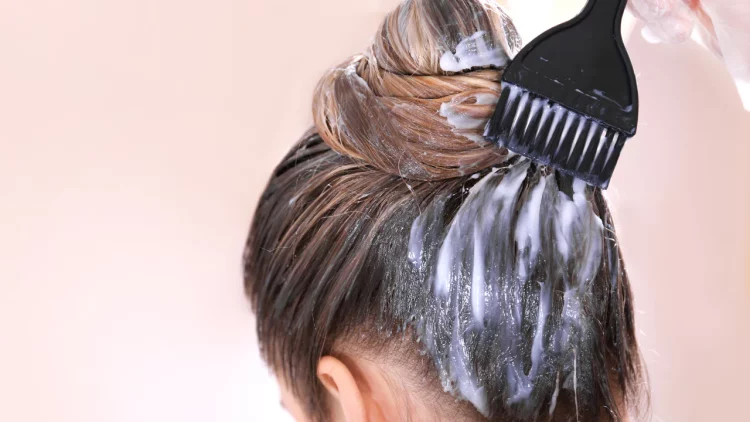Hair masks have become one of the hottest beauty trends in recent years. From Instagram influencers to high-end salons, everyone seems to be singing their praises. But with so many options flooding the market, it’s easy to wonder: Are hair masks really worth the hype? In this article, we’ll explore the science behind these treatments, the benefits they offer, and whether they truly live up to their promises.
What is a Hair Mask?
A hair mask is essentially a deep-conditioning treatment designed to nourish, hydrate, and repair hair. Unlike regular conditioners, which you typically leave on for a few minutes, hair masks are more potent and are meant to be left on for 10-30 minutes (or longer), allowing the active ingredients to penetrate deeper into the hair shaft.
Hair masks can come in various forms, including creams, oils, and gels, and are formulated with a range of ingredients such as oils, butters, proteins, vitamins, and natural extracts. The idea is that these ingredients work together to improve hair health, restore moisture, and combat issues like dryness, frizz, or damage from heat styling and coloring.
The Science Behind Hair Masks
The core benefits of hair masks come from their ability to deeply hydrate and nourish the hair. To understand why this works, let’s take a quick dive into the structure of your hair.
Your hair is composed of three layers:
- The Cuticle – the outer layer made up of overlapping scales that protect the inner layers.
- The Cortex – the middle layer responsible for strength, texture, and elasticity.
- The Medulla – the innermost layer, which is often absent in finer hair types.
When your hair is damaged—whether from environmental factors, chemical treatments, or heat styling—the cuticle layer lifts, allowing moisture to escape and making the hair more vulnerable to further damage. Hair masks aim to repair and seal the cuticle, trapping moisture and nutrients inside.
Many hair masks are rich in ingredients like:

- Hydrating oils (e.g., argan oil, coconut oil, and jojoba oil) help to replenish moisture and restore shine.
- Proteins (e.g., keratin, silk, and wheat proteins) work to strengthen and repair damaged strands.
- Antioxidants (e.g., vitamin E and green tea extract) combat free radicals and environmental damage.
- Natural butters (e.g., shea butter and mango butter) soften and moisturize dry hair.
These ingredients help restore balance to your hair, improving its texture, appearance, and manageability.
Benefits of Hair Masks
1. Intense Hydration
Dry hair is one of the most common hair problems, and hair masks excel in providing deep hydration. Ingredients like coconut oil and shea butter are great at locking in moisture and softening hair, making it look healthier and shinier.
2. Restoring Shine and Luster
Hair masks can also help restore the natural shine and luster that might be lost due to over-styling, environmental stressors, or chemical treatments. A healthy scalp and hair cuticle are essential for light reflection, which results in glossy hair.
3. Repairing Damaged Hair
Frequent heat styling, coloring, and chemical treatments can cause hair to become brittle and prone to breakage. Hair masks that contain protein-rich ingredients (like keratin) help to rebuild and repair the cortex, strengthening weak strands.
4. Frizz Control and Smoothness
If you battle with frizz, a good hair mask can help smooth your hair cuticle, reducing the appearance of frizz and leaving your hair sleek and manageable. Ingredients like argan oil and silk proteins can help control flyaways and provide a smooth finish.
5. Scalp Health
Some masks are specifically designed to nourish the scalp, helping with conditions like dandruff or an itchy, irritated scalp. Ingredients like tea tree oil and peppermint can promote a healthy scalp environment, encouraging stronger hair growth.
Do Hair Masks Live Up to the Hype?
While hair masks certainly offer a variety of benefits, the question remains: Are they really worth the time, effort, and money?
The truth is, hair masks are highly effective if used correctly and for the right reasons. However, they’re not a one-size-fits-all solution. Here are some factors to consider before investing in a hair mask:
1. Your Hair Type Matters
Different hair types require different treatments. If you have fine or oily hair, heavy, oil-based masks might weigh your hair down and make it greasy. On the other hand, if you have thick, coarse, or dry hair, you’ll benefit from more moisturizing masks.
2. Use Them Sparingly
While hair masks can work wonders, overusing them can lead to product buildup and weigh your hair down. Once a week or every other week is generally sufficient for most hair types. For those with extremely dry or damaged hair, you might benefit from more frequent use.

3. Choose the Right Ingredients
Not all hair masks are created equal. If your hair is very dry, look for masks containing hydrating oils or butters. If your hair is damaged from chemical treatments, opt for masks that contain protein to help rebuild strength. It’s important to match the product to your specific hair needs.
4. Cost vs. Results
While some premium hair masks can be pricey, there are plenty of affordable options that deliver great results. It’s important to research the ingredients and reviews before committing to a high-end product. Some drugstore brands offer similar results to high-end brands at a fraction of the price.
How to Use Hair Masks Effectively
To make the most of your hair mask, here are a few tips for application:
- Shampoo First – Begin by washing your hair with a gentle shampoo to remove any dirt, oils, or styling products.
- Apply Generously – Apply the mask generously, focusing on the mid-lengths and ends of your hair (where damage is most likely to occur). If you’re using a mask for scalp health, make sure to massage it into your scalp as well.
- Leave It On – Follow the instructions on the product for how long to leave the mask on. Generally, 10-20 minutes is sufficient for deep penetration, but some masks may require longer treatment times.
- Rinse Thoroughly – Rinse the mask out thoroughly with lukewarm water to avoid leaving any residue behind.
- Avoid Heat Styling Right After – After applying a hair mask, try to avoid using heat styling tools right away to let the mask’s effects fully set in.
The Verdict: Worth the Hype?
Hair masks can absolutely be worth the hype if they’re used correctly. They offer deep hydration, repair, and shine restoration that regular conditioners often can’t match. However, not all hair masks are the same, and the best one for you depends on your hair type and concerns.
For those with dry, damaged, or color-treated hair, a hair mask can be a game-changer, providing the nourishment and repair your strands need. However, if you have naturally healthy hair, you may find that using a hair mask too frequently could weigh your hair down or cause buildup.
In conclusion, hair masks can live up to the hype, but it’s important to choose the right product for your specific hair needs and to use it as part of a balanced haircare routine.












































